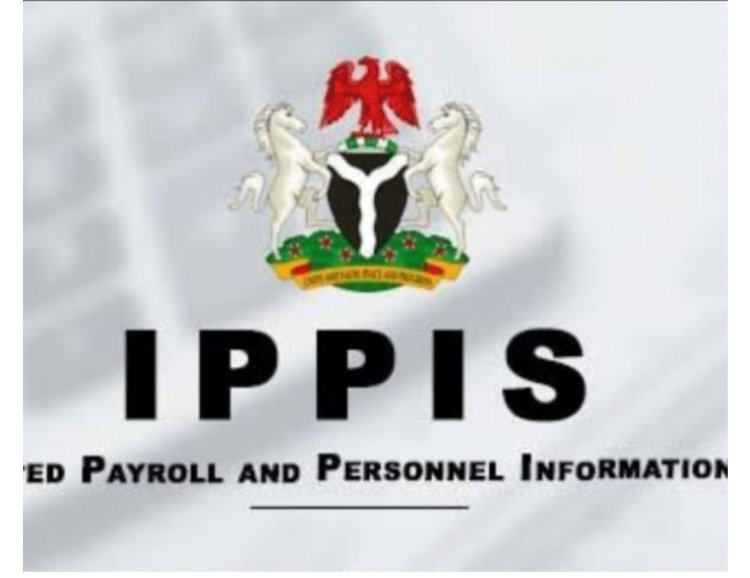Don’t abuse IPPIS exemption, Rep tells universities, others
Fulata urged university and tertiary institution managements to judiciously utilize their newfound exemption. He emphasized the need for responsible administration, considering the enabling laws that grant councils and boards of tertiary institutions the authority over recruitment and payment.

Abubakar Fulata, Chairman of the House of Representatives Committee on University Education, expressed his commendation for President Bola Tinubu's decision to exempt tertiary institutions from the Integrated Payroll and Personnel Information System (IPPIS). Speaking in an interview with newsmen in Abuja, Fulata highlighted the significance of this move in promoting academic autonomy.

He acknowledged the longstanding desire of universities and National Assembly members advocating for the removal of tertiary institutions from IPPIS, describing it as "anti-intellectual, anti-academic, and retrogressive." Fulata took the opportunity to express gratitude to President Tinubu, recognizing him as a democrat with a genuine interest in education.
READ ALSO: Determined 23-Year-Old Mother Graduates from UK University While Nurturing Newborn Twins
Fulata urged university and tertiary institution managements to judiciously utilize their newfound exemption. He emphasized the need for responsible administration, considering the enabling laws that grant councils and boards of tertiary institutions the authority over recruitment and payment.
The Chairman highlighted the adverse effects of IPPIS on the institutional powers, stating that these powers were initially taken away by the system. He applauded President Tinubu for addressing the hindrances to recruitment, emphasizing the impracticality of seeking multiple approvals for basic hiring processes.
RECOMMENDED FOR YOU: Young Nigerian Orange Seller, Ayomide Adeoye, Graduates with Scholarship After Viral Video
In conclusion, Fulata praised the President for demonstrating a listening ear to the concerns of the academic community and taking a decisive step towards restoring the autonomy of tertiary institutions. The move is seen as a positive development that aligns with the principles of academic freedom and administrative efficiency.





